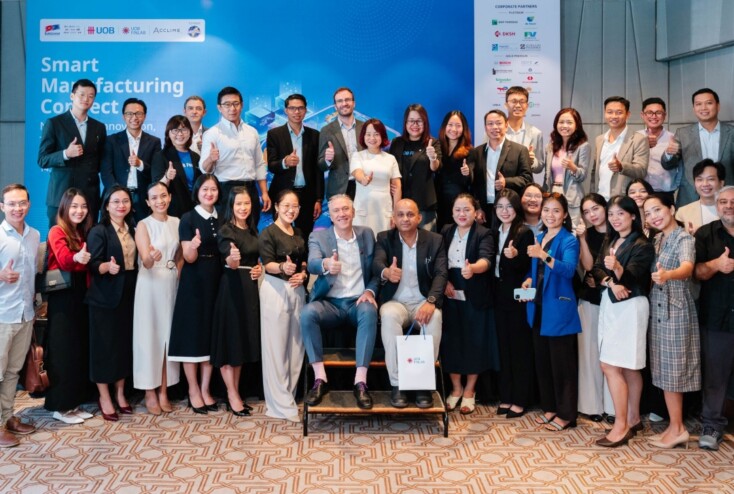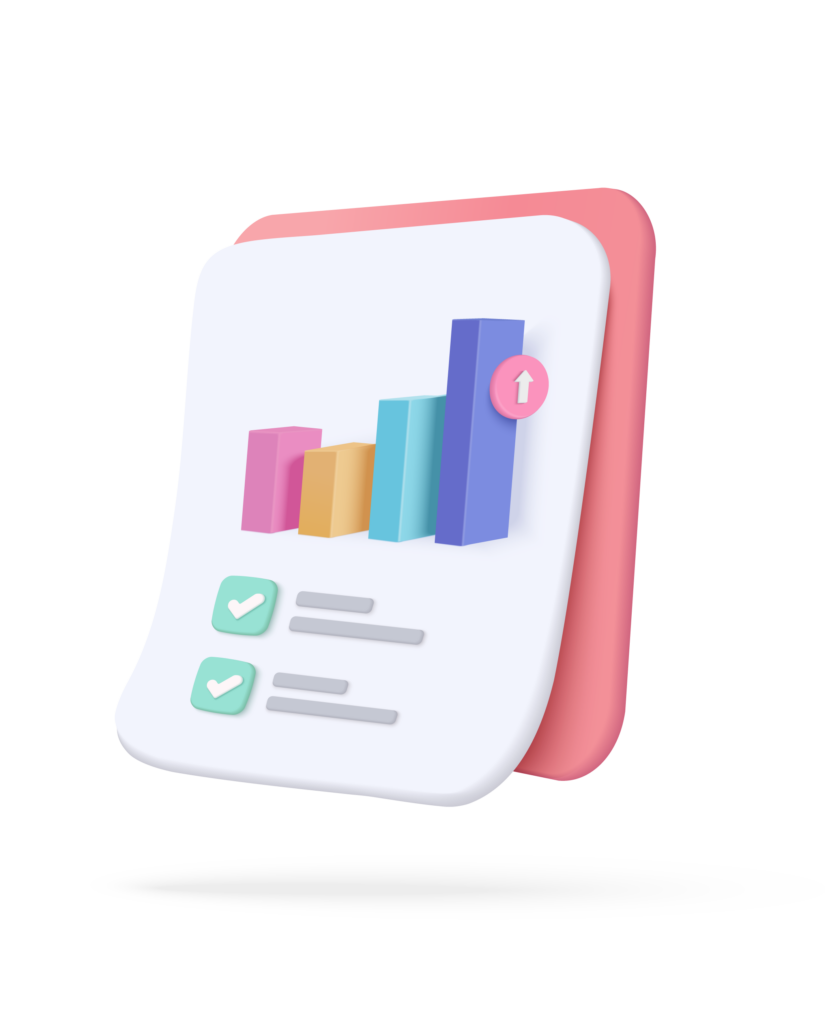
The Leadership Shift Singapore SMEs Need for the Next Stage of Digital Transformation
SMEs are digitising quickly, but many still struggle to turn tools into results. Real impact comes from aligned processes, clear strategy and empowered teams—not more technology.





